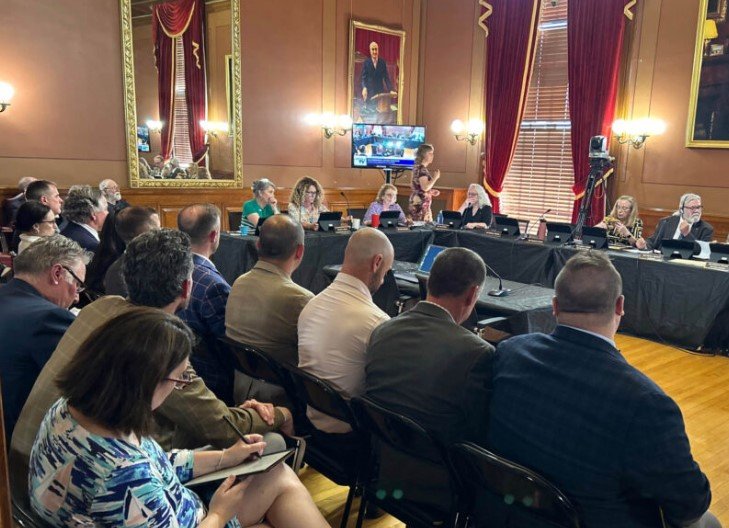The reintroduction of the Bottle Bill has sparked a renewed debate among environmentalists and business groups, highlighting the ongoing struggle to balance ecological aspirations with economic realities.
The Recycling Conundrum
The Bottle Bill, aimed at increasing recycling rates and reducing litter, has been met with mixed reactions. Environmental advocates argue that the bill is a necessary step towards a cleaner and more sustainable future. They cite the success of similar programs in other states, which have not only reduced litter but also encouraged recycling habits among the public.

Business owners, however, express concerns over the financial and logistical implications of the bill. They fear that the added responsibilities of managing returns and the potential costs could be detrimental to their operations. The debate is further complicated by differing opinions on the bill’s effectiveness and its impact on consumer behavior.
A Legislative Balancing Act
Lawmakers are faced with the challenge of crafting legislation that addresses environmental concerns while also considering the economic impact on businesses. The bill’s proponents emphasize the long-term benefits of a cleaner environment and reduced waste management costs. Critics, however, question whether the proposed measures will achieve the desired outcomes or simply create new burdens for businesses.
The discussion extends beyond the immediate effects of the bill, touching on broader issues such as the role of government in environmental policy and the responsibilities of businesses towards ecological stewardship.
The Path Forward
As the debate continues, the future of the Bottle Bill remains uncertain. What is clear is the need for a solution that reconciles environmental objectives with the practicalities of business operations. Whether through compromise or innovative approaches, the goal is to find a path that leads to a more sustainable future without placing undue strain on the economy.

Comments